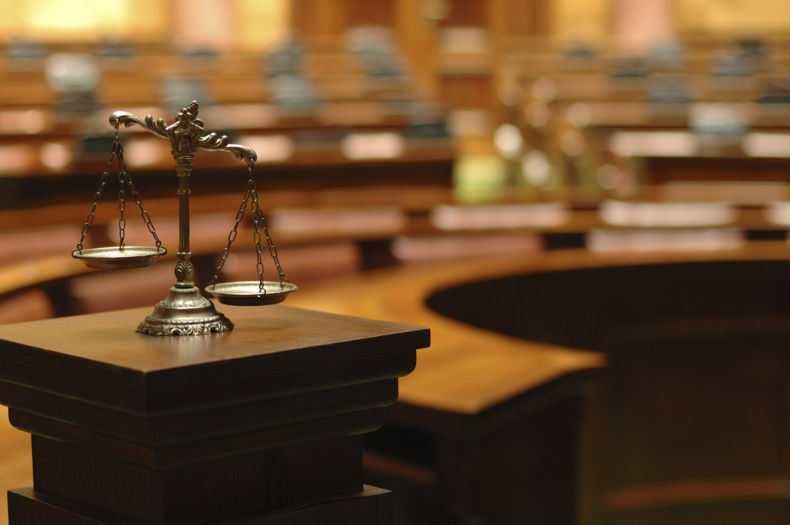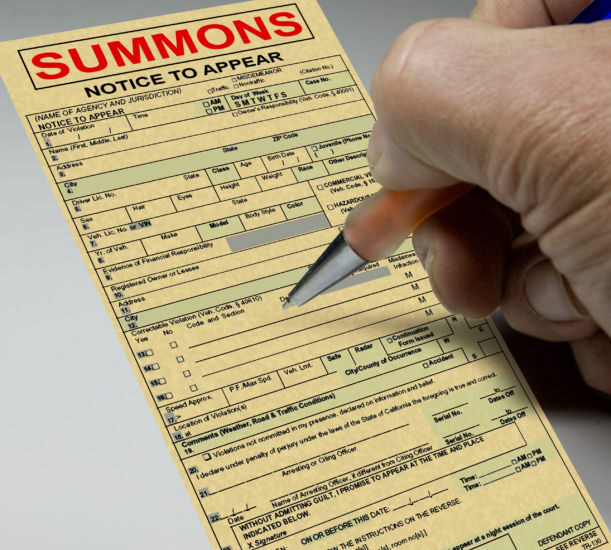Pleading “no contest” to a criminal charge means you do not admit fault. But it also does not mean that you are proceeding to trial to fight for your innocence. You are not saying you are guilty, but you are also not saying you are not guilty.
Put simply, it is a “neutral” option that neither accepts nor denies the charges against you. However, in regard to consequences, “no contest” is similar to pleading guilty. You can still face punishment and most likely will. But legally speaking, you’re conceding the charge without an admission of guilt and without presenting a defense in a criminal case. Many states do no accept
In comparison, pleading “guilty” means you accept the charges and the punishment that the courts determine for you. Pleading not guilty means you do not accept the charges and wish to show they are not provable beyond a reasonable doubt in a bench or jury trial.
Laws in almost every state allow for pleas of no contest, or ‘nolo contendere‘ in Latin, for certain types of cases. But unlike a plea of guilty or not guilty, a defendant must get a court’s consent to plead no contest to a criminal offense, which comes with certain legal consequences.
Below are three things every defendant should understand when pleading no contest. In general, no contest pleas are not allowed in death penalty cases. In other cases, a judge has discretion in deciding whether to accept a no contest plea. For example, if the facts plainly show a defendant is innocent, a judge will not allow a plea of no contest.
A judge must also make sure a defendant is knowingly and voluntarily pleading no contest and that they understand what no contest means. This means the criminal defendant’s plea can’t be influenced by threats or promises, and they must fully understand the charges and legal consequences of pleading no contest. These include giving up the constitutional right to have a trial in front of a jury of their peers.
Why would anyone ever plead no contest? By pleading no contest as a part of a plea bargain, a defendant can avoid going to trial on a criminal charge. This can be advantageous if a trial’s outcome is uncertain or if a defendant doesn’t want facts in the case to be aired out in public in a criminal proceeding. This can also be done by pleading guilty.
If you or a loved one is in a bind as a result of a criminal charge (traffic related or otherwise), immediately contact a Seattle Criminal Attorney. A Criminal lawyer is not going to judge you and understands that everyone makes mistakes. Hiring a Seattle Criminal Lawyer to help can – at a minimum – reduce penalties and can help direct people on how to best deal with their criminal charge, and many times even get them dismissed. So, it should go without saying that someone cited for a misdemeanor or felony should hire a qualified Seattle Criminal Lawyer as soon as possible. Criminal charges can cause havoc on a person’s personal and professional life. Anyone charged with a crime in Washington State should immediately seek the assistance of a seasoned Seattle Criminal Lawyer. SQ Attorneys can be reached at (425) 359-3791 and/or (206) 441-0900.


